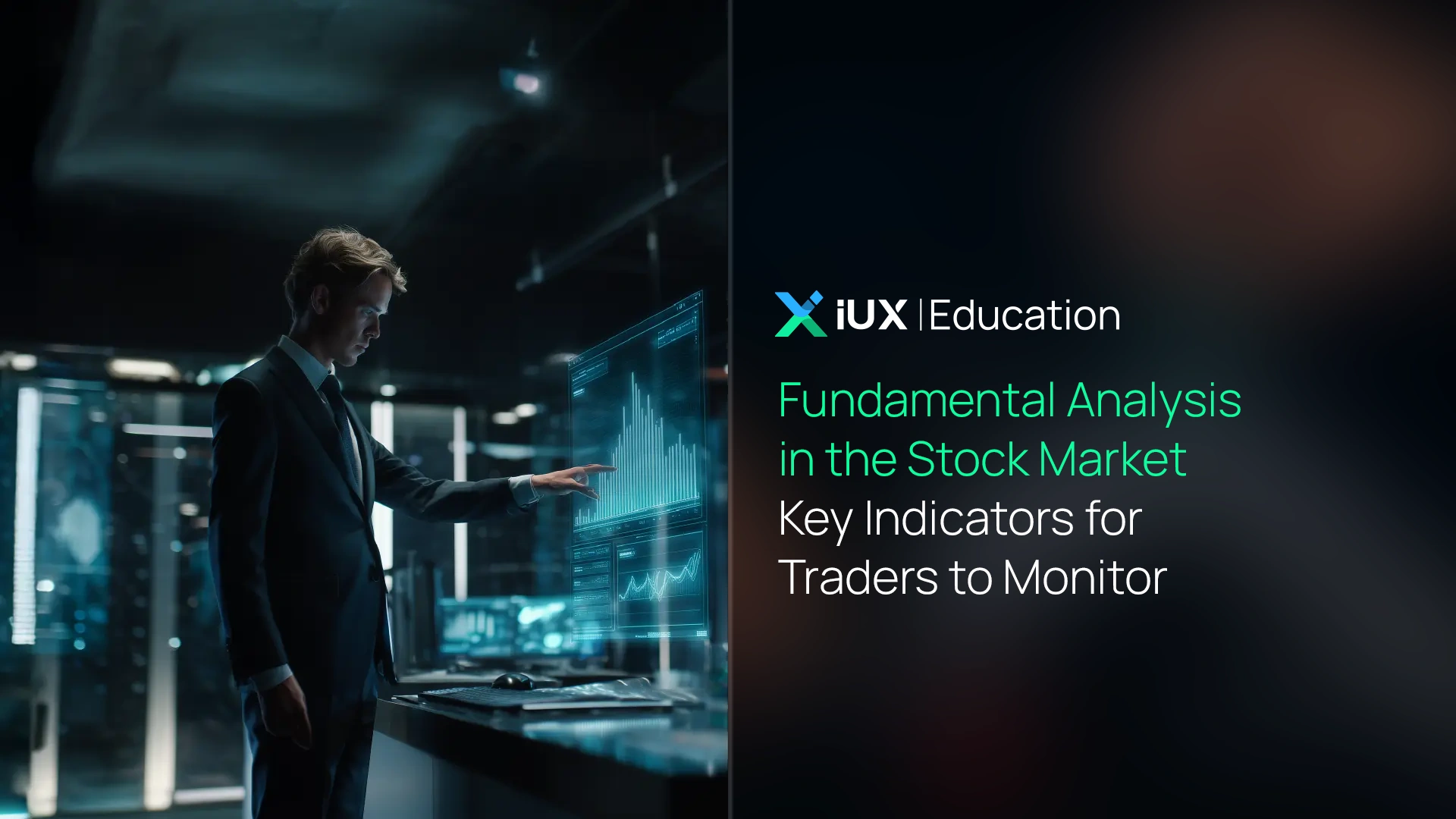CFDs are complex instruments and come with a high risk of losing money rapidly due to leverage. 76% of retail investor accounts lose money when trading CFDs with this provider. You should consider whether you understand how CFDs work and whether you can afford to take the high risk of losing your money.
CFDs are complex instruments and come with a high risk of losing money rapidly due to leverage. 76% of retail investor accounts lose money when trading CFDs with this provider. You should consider whether you understand how CFDs work and whether you can afford to take the high risk of losing your money.

Margin Call and Stop Out Risks Every Trader Must Manage
What Is a Margin Call?
A Margin Call is a warning from your broker indicating that your remaining margin is no longer sufficient to support the open trading positions in your account. This typically happens when your Equity (the total value of your account) drops below a threshold set by the broker. It's often caused by accumulated losses in your open trades.
Example Scenario
- You open a gold buy order using 1:100 leverage with a margin of $3,000.
- As gold prices fall beyond your risk tolerance, your Equity starts to decline.
- Once your Equity drops below the Margin Call level—say, 100%—your broker will issue a warning, asking you to either deposit more funds or close some of your positions immediately. 1
Read more about margin basics at What Is Margin?
What Is a Stop Out? How Is It Different from a Margin Call?

A Stop Out is a margin level that falls below the Margin Call threshold, triggering your broker to automatically start closing your positions to prevent your account from going into a negative balance.
If you take no action after receiving a Margin Call—such as not adding more funds or not manually closing positions—the broker’s system will begin force-closing losing trades on your behalf, and you won’t be able to control which positions are closed.
Key Difference Between Margin Call and Stop Out
-
Margin Call: A warning — You still have the chance to manage your positions.
-
Stop Out: Forced liquidation — The system takes over and closes your trades automatically.
The Stop Out level varies by broker. Some may set it at 50%, 30%, or even as low as 20% of your margin level. 2
How to Avoid Margin Calls and Stop Outs
-
Avoid using excessive leverage: Choose a leverage level that aligns with your capital and experience. Higher leverage increases risk.
-
Set a Stop Loss on every order: This is a crucial tool to limit potential losses and protect your account.
-
Calculate your position size carefully: Don’t open oversized trades that exceed your risk tolerance or account capacity.
-
Monitor your Free Margin and Margin Level regularly: Stay updated on your account status to take action before it’s too late.
Read more: Margin and Leverage – What Every Trader Should Know
While leverage in trading can increase your profit potential, it must be paired with strong discipline and risk management.
Placing a Stop Loss on every trade, choosing leverage that suits your capital, and regularly checking your Free Margin are all essential habits to prevent Margin Calls or Stop Outs.
Trading doesn’t have to be stressful—when you start with the right foundation and use a platform that supports effective risk control, your journey can be both confident and structured.
IUX is a platform built to help make your investing more systematic.
Whether you’re a beginner or an experienced trader, you can start with confidence. IUX offers fast order execution, supports all order types including Market, Limit, and Stop Orders, and comes equipped with advanced charting tools and a comprehensive trading knowledge base.
Trading gold, stocks, indices, or ETFs doesn’t need to be complicated—especially when you have access to clear information, transparent fees, and 24/7 service.
If you’re looking to build your dream portfolio, trading with IUX might be the perfect first step.
No matter which asset class you’re interested in, you can learn and trade within an environment designed to manage risk and help you grow alongside global markets—with confidence and clarity.
▶ Start Trading with IUX Today and Begin Building Your Investment Portfolio with Us
Frequently Asked Questions (FAQ)
Q1: When does a Margin Call occur?
A: A Margin Call happens when your account Equity falls below the level set by your broker—typically below 100% of the used margin. The broker will notify you to either deposit more funds or close some positions immediately.
Q2: What is a Stop Out?
A: A Stop Out is triggered when your margin level drops too low, and the broker’s system automatically begins closing your positions to prevent your account from going negative.
Q3: What’s the difference between a Margin Call and a Stop Out?
A:
Margin Call: A warning that gives you time to take action.
Stop Out: Forced liquidation of trades—you lose control over which positions are closed.
Q4: How can I avoid a Margin Call?
A:
-
Avoid using excessive leverage
-
Plan your position size carefully
-
Always set a Stop Loss
-
Monitor your margin level regularly
Q5: What should I do if I receive a Margin Call?
A:
-
Deposit more funds to increase your Equity
-
Close some losing positions to free up margin
-
Review and adjust your risk management strategy
Margin Call and Stop Out are warning signals that should never be ignored. If you truly understand how they work, you'll be able to plan and trade with greater confidence—while minimizing the risk of blowing your account. Mastering these tools is the first step toward sustainable, professional-level trading in the long run.
Note: This article is intended for preliminary educational purposes only and is not intended to provide investment guidance. Investors should conduct further research before making investment decisions.


